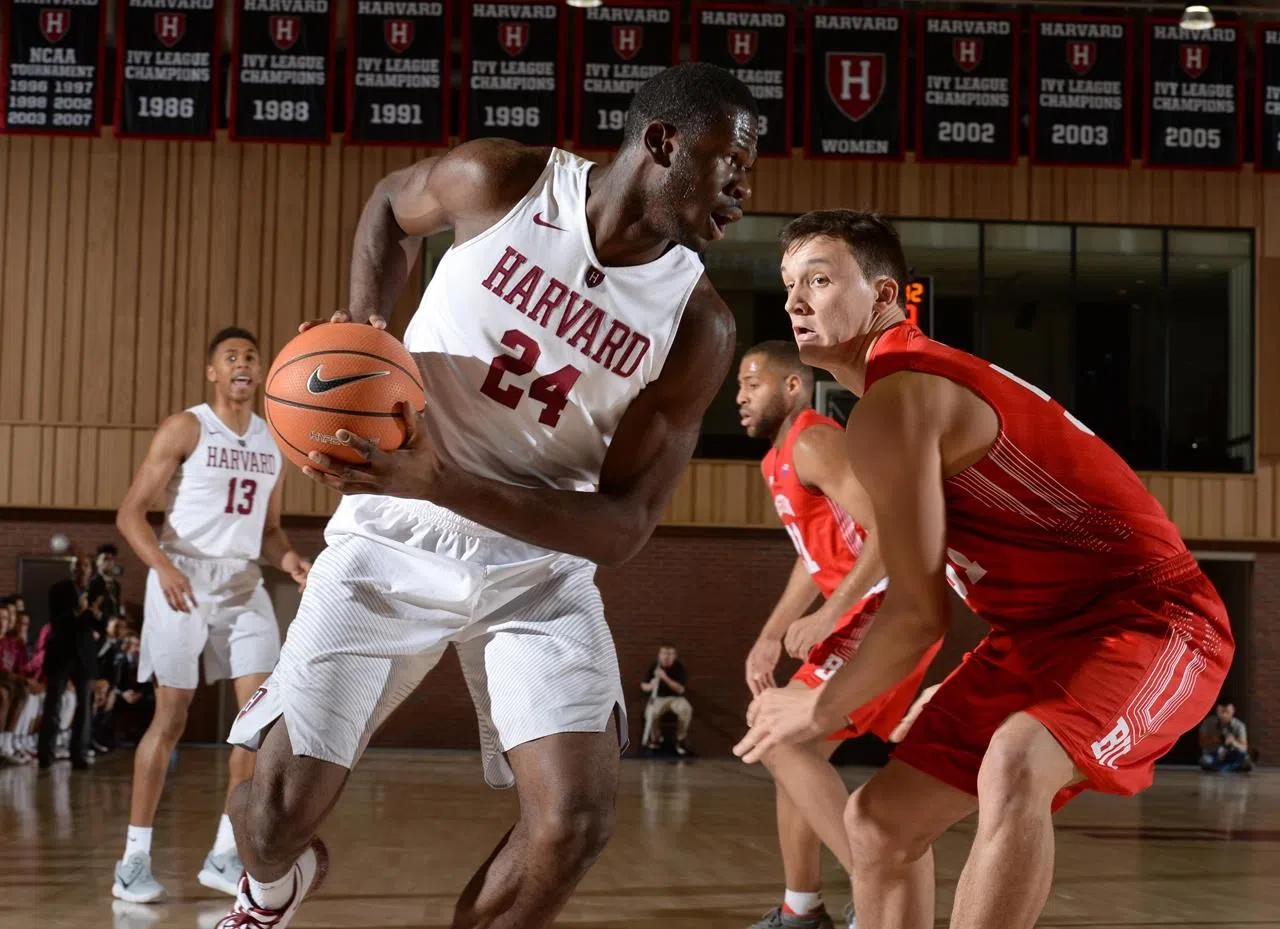
Former Canadian basketball captain campaigning against police brutality
TORONTO — Barely a week before Chris Egi arrived at Harvard for his freshman basketball season, Michael Brown was shot and killed by a police officer in Ferguson, Mo.
Egi and Brown were both 18. They were both black. They were both about to begin college, and the teen’s death — and too many more that would follow — became woven into Egi’s experience at Harvard.
When the 22-year-old from Toronto was selected out of more than 100 applicants to speak at Harvard’s convocation last May, the Crimson’s team captain with the gap-toothed grin talked about Brown.
And on Friday, the organization No More Names, of which Egi is a founder, will launch its “10,000 Voices” social media campaign, a virtual protest to remember the people behind the names, and combat the issues of criminal justice reform and police brutality.


